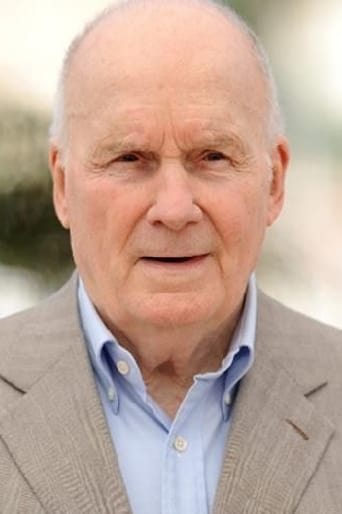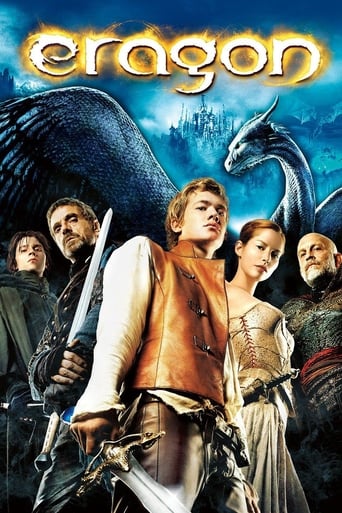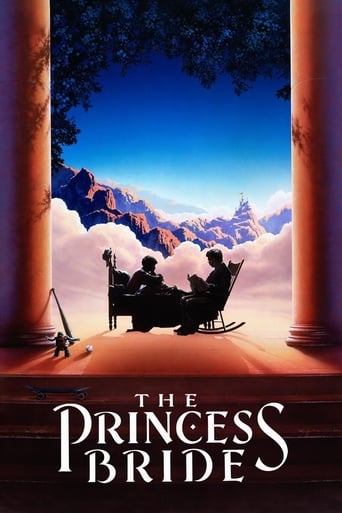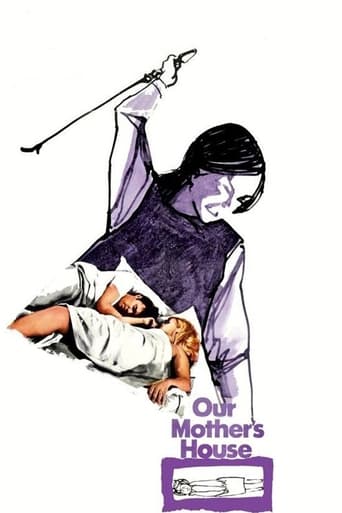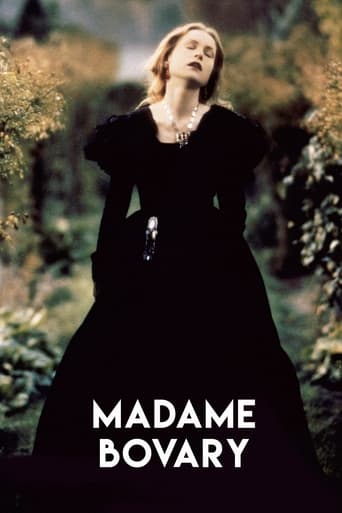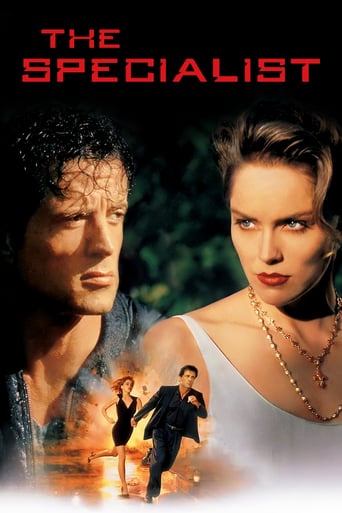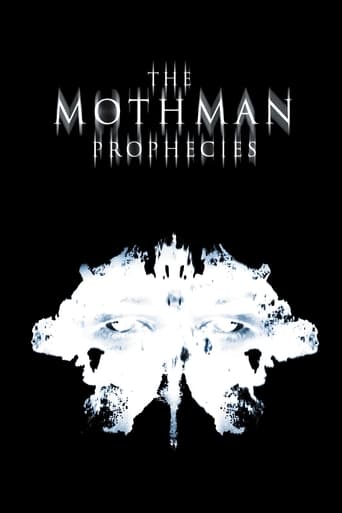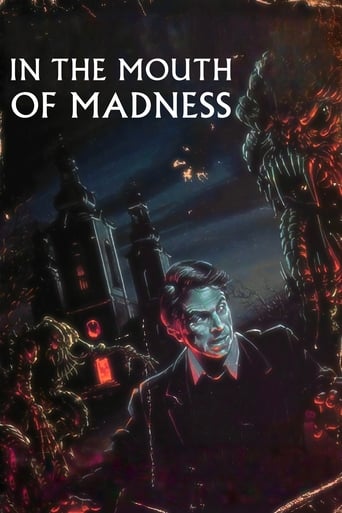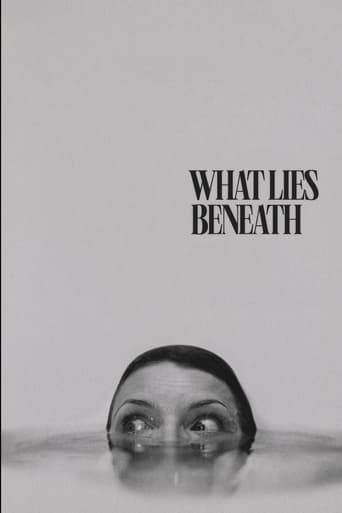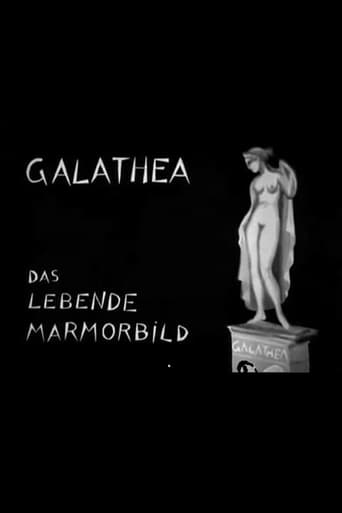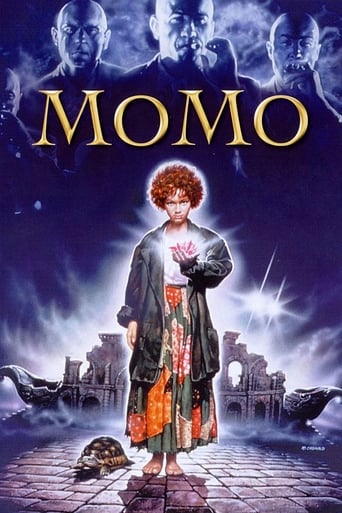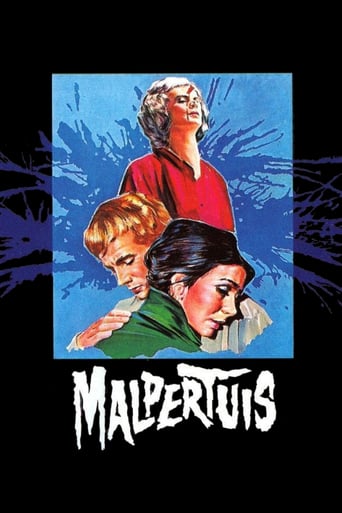
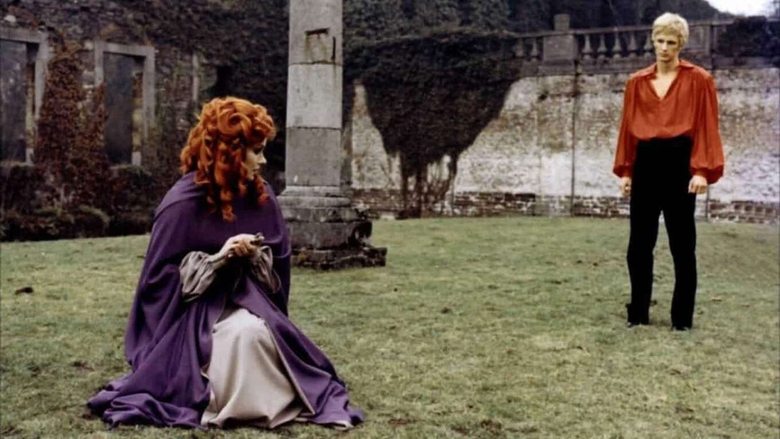
Malpertuis (1971)
Malpertuis is the name of an old, rambling mansion which is in reality a labyrinth where characters from Greek mythology are imprisoned by the bedridden Cassavius. He manages to keep them, as well as his nephew and niece, prisoners even after his death, through a binding testament. As Jan, the nephew, unravels the mystery, he discovers that he cannot escape the house because Malpertuis is far more significant than he was led to believe.
Watch Trailer
Cast


Similar titles
Reviews
If you don't like this, we can't be friends.
I enjoyed watching this film and would recommend other to give it a try , (as I am) but this movie, although enjoyable to watch due to the better than average acting fails to add anything new to its storyline that is all too familiar to these types of movies.
Actress is magnificent and exudes a hypnotic screen presence in this affecting drama.
Through painfully honest and emotional moments, the movie becomes irresistibly relatable
Before seeing "Malpertuis" (1971), I was already a fan of Belgian director Harry Kümel for his mesmerizing Lesbian Vampire film "Les Lèvres Rouges" (Daughters of Darkness) from the same year, which, in my opinion, is the best film of its kind. I had great expectations for "Malpertuis", because of my admiration of Kümel as a true master of atmosphere, because I had heard the film was Kümel's greatest, and because of Orson Welles stared in it. Even so, this instant favorite of mine surpassed my greatest hopes and totally blew me away. "Malpertuis" is a bizarre and hypnotic mixture of surreal Gothic Horror, macabre family Drama, mad science and Mythological Fantasy, that no cineaste should allow himself (or herself) to miss. Actually, I'd like to correct myself. The film cannot really be narrowed down by attributing it to a particular Genre as such, as it is simply one of the most unique films ever made. In one sentence: The film has everything, and more than that. "Malpertuis" tells one of the most fascinating stories ever brought to screen, and does so in a brilliantly moody manner. The film maintains an incomparably rich, eerie and foreboding atmosphere that becomes more intense with each passing minute. The sublime atmosphere comes along with breathtaking settings, brilliant cinematography, complex and demented characters and fantastic acting performances. The most fascinating thing about "Malpertuis", however, is the story, which is one of the most incomparable and gripping I ever saw in a film. "Malpertuis" is not a film that can properly compared to anything else. It is like a macabre, haunting yet incredibly beautiful Fever Dream.The film is an adaptation of a novel by Jean Ray, which I haven't yet read. I sure intend to, though, as the plot of "Malpertuis" is one of the most unique and fascinating stories that have ever been filmed. Great praise therefore also belongs to writer Jean Ferry. Jan (Mathieu Carrière), a young sailor, comes to his hometown and, without wanting to, visits the family mansion owned by his creepy and mysterious uncle Cassavius (Orson Welles). The mansion is named Malpertuis, its inhabitants are (equally creepy) relatives who hate Cassavius, but do everything to brown-nose him in desire of his inheritance. A mysterious palace of a mansion, bears fascinating and terrifying secrets... Though this is only a vague description of the film, I shall stop at this point. I do not want to give too much away, as the story is gripping and fascinating from the very beginning and should be experienced rather than read in a review. The sceneries are some of the greatest, most awe-inspiring I have ever seen. The house Malpertuis alone is one of the most fascinating settings ever in cinema. The atmosphere is overwhelming, rich and uncanny throughout the film. Each character is fascinating, most of them creepy and demented, the performances are sublime. Orson Welles is, of course, great as always, an I would personally even consider "Malpertuis" one of the greatest films this brilliant actor has been part of in his awe-inspiring career. The other performances are also magnificent. Mathieu Carriere is great as Jan, and other actors, such as Jean-Piere Cassel, Victor Rilla, Michel Bouquet and particularly Charles Jenssen are also brilliant in their roles. Particular praise has to go to the stunningly beautiful Susan Hampshire, who is wonderful in her triple role, playing three different female leads. The rich atmosphere profits from the Flamish (Dutch) language and an ingenious score. The film was once reportedly cut to shreds, watching the uncut 126 minute director's cut is absolutely essential. "Malpertuis" is a film that simply cannot be praised enough. This ingenious and absolutely unique masterpiece is one of the most fascinating cinematic experiences one can have, both atmospherically and story-wise, and must not be missed by anybody interested in cinema. As said above: It has everything, and a lot more. 10/10
Malpertuis starts as a sailor named Jan (Mathieu Carriere) arrives at his home port only to discover his old house has collapsed, he ends up in a seedy bar where a fight breaks out & he is knocked unconscious. When he comes round Jan finds himself being tended to by his sister Nancy (Susan Hampshire) in his Uncle Quentin Cassavius' (Orson Welles) imposing old house called Malpertuis, they are also joined by various other family members & obscure relatives as Cassavius is not far from death & he has ordered a reading of his will. The will states that his immense fortune will be split equally but the inheritors can never leave the grounds of Malpertuis ever again which sounds a bit harsh to me but there you go, anyway it becomes apparent to Jan that all is not right at Malpertuis & that it's hiding some bizarre secrets that Jan finds himself in the center of...This French, Belgium & German co-production was directed by Harry Kumel & didn't do much for me but that could be down to other factors besides the film at hand, you see apparently there's a long 2 hour odd version of Malpertuis & shorter cut down version & since the one I watched yesterday ran for less than 90 minutes I think it's safe to assume I'm missing out on a lot so maybe you should bear that in mind although what the extra footage is & whether it would have improved my viewing experience I don't know. The slightly slow going script by Jean Ferry was based on a novel by Jean Ray & has a certain loose strange bizarre quality to it, while it's an odd film for sure I have to say I always knew what was going on & it's not abstract or weird in that sense but weird in the sense of what's happening on screen. Who was the supposed killer? Is this answered in the longer version? Were little stitched together people really running around in the attic? Again, is this made clear in the longer version? I don't know which is why I feel awkward about either praising or rubbishing the film because I'm not quite sure where the version I saw stands, going by the 90 minute cut alone I thought it was OK & nothing more although I must admit I quite liked the twist 'come out of absolute nowhere' ending which I deify anyone to see coming...Director Kumel does a good job & there are plenty of memorable scenes plus the film has a great atmosphere about it. The house itself is nice & imposing & there's some cool production design. I wouldn't call any of it particularly scary though, there's not much gore apart from a bit when an Eagle eats someone's guts & someone gets a nail through their head although it's off screen.Technically Malpertuis is good, impressive even with decent production values. Since the film was made in Dutch & dubbed into English it's hard to tell about the acting although maybe Welles spoke English during filming & he stands head & shoulders above everyone else in the cast & puts in a memorable performance for the brief screen time he gets.Malpertuis, also known as The Legend of Doom House, is an OK horror/mystery/thriller but I can't help but feel I wish I'd seen the long version because as it stands I think I'm missing out on a potentially better film. However the version I watched is the version I watched & that's all there is to it, as it stands it's a decent enough film but it didn't do much for me & I doubt I'll be in any hurry to see this 90 minute cut again anytime soon.
Based on the novel by Jean Ray (the so-called "Belgian Poe"), "Malpertuis" begins with Jan, a young sailor, being summoned with a motley company of acquaintances and family to the death bed of his mysterious Uncle Cassave. Cassave soon dies, leaving his considerable fortune to the dozen or so people he has summoned. However, there are stiff terms attached to his gift: The inheritors must all live for the rest of their lives at Malpertuis, Cassave's mansion. Jan soon realizes there is something amiss at Malpertuis (a name meaning either "house of evil" or "house of cunning"). There is something odd in the attic, in the labyrinthine hallways, and in the surrounding wood. There is something even stranger about Malpertuis' other inhabitants: the mad hermit Lampernisse who haunts the mansion's dark corridors, the coy and beautiful Euryale who will not look anyone in the face, and the diabolic taxidermist Philarete, to name only a few. When the secret of Malpertuis is finally brought to light among this bizarre cast of characters, the mansion erupts into a seething cauldron of terror, and both heaven and earth seem to collapse around Jan.While fans of Jean Ray's novel will find the story much changed, the film is visually engaging at the very least, and the casting is excellent, for the most part. Orson Welles plays the dying Uncle Cassave, delivering the second performance of his career as a large man stuck in a very large bed (the other performance being, of course, in his adaptation of Kafka's "The Trial"). Susan Hampshire gives an admirable performance in four different roles--excellently well disguised and made-over in each--as Euryale, Nancy, Alice, and a nurse. The sets are extraordinary, filling the screen with an unending stream of vivid detail. Also, the film's cinematography is often both aggressive and intelligently creative, employing just the sort of unpredictable perspective necessary to portray the mansion's mystifying interior.Disappointments with the film begin small. Jean-Pierre Cassel as Lampernisse does not look the part. Instead of a tall, shadowy, aged-but-ageless, and profoundly mad hermit, he looks like a leper who has wandered off the set of "Ben-Hur." Accompanying Lampernisse is the laughable, high-pitched babble of the "creatures in the attic." In these rare instances, the filmmakers miss by a wide margin the texture of Ray's novel. At other times the film slightly underplays or rushes some of the book's strongest scenes. The one serious offense, though, is the film's ending; the muddled chaos here is a poor substitute for Ray's synchronized anarchy.This is not to say that the film loses itself completely. The strength of the first hour and more cannot be entirely undermined by the ending. The inspired cinematography and many of the sets, performances, and special effects are truly exceptional. The scenes with little, crazed, mousy Philarete and his morbid workroom are reason enough for the film to exist. Subtlety and humor are here as well, perhaps best represented in the recurring static shot of the inheritors occupying themselves in Malpertuis' small drawing room.
Opening scenes that confuse instead of establish a story, followed by more obscure scenes and dialogue that go nowhere, topped off with an ending completely unrelated to the rest of the movie.And all of it peopled by non-actors, save for Orson Welles with his usual gravitas (no pun intended), as the dying master of the house, and Susan Hampshire cutting loose in three different parts: a flighty, sheltered, and developmentally-arrested young girl; a repressed school-marm type who is a sex-maniac underneath; and a draped, firey-wigged ur-dame with the coolest set of eye-contacts this side of "Count Dracula" (1977) with Louis Jourdan.The only evil in this picture was the wasting of these two Lights of Stage and Screen in this waste of film and time.Yes, the movie could have been better if it had been made differently. VERY differently.




